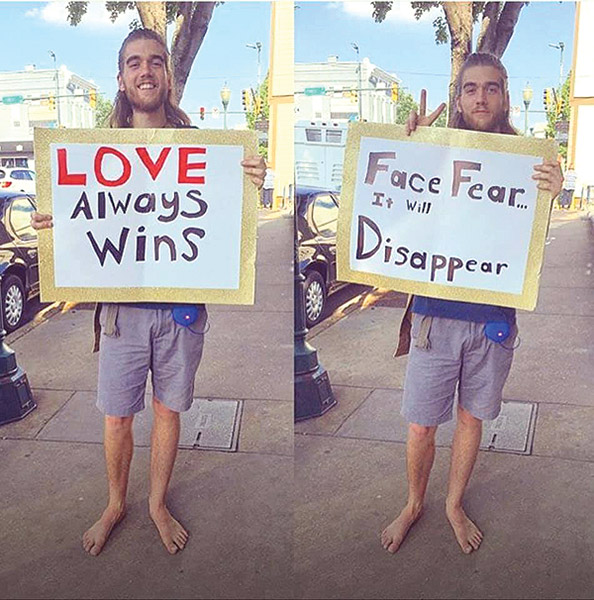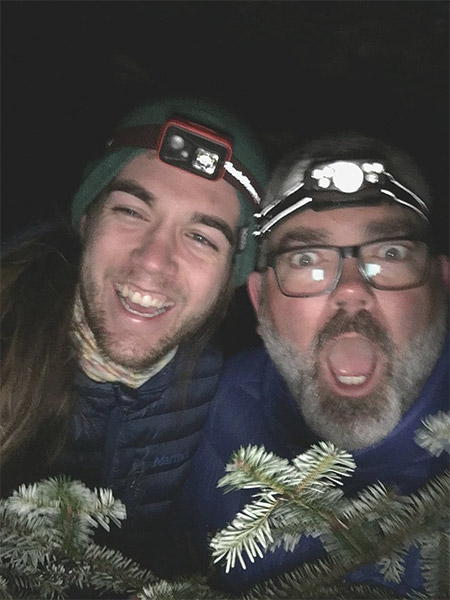The lost son
A father searches for answers while promoting discussion on mental health
Parents aren’t supposed to face this.
They aren’t supposed to have to learn to deal with “it.” They aren’t supposed to have to try and make sense of “it.”
They aren’t supposed to beat themselves up every single minute of every single day because they don’t know if they could, or should, have done more, or something different.
That’s not the way it’s supposed to be.
Parents aren’t supposed to lose a child to suicide.
On Aug. 21, Shawn Wandell’s son, Josiah, took his own life.
Josiah was 23.
Shawn spends as much time as he can in his kayak, gliding on the waters of Melton Hill Lake.
Fishing if he feels like it.
It is where Shawn Wandell finds peace.
It gives him time to reflect not just on his son, but on all the people his son came into contact with. A time to reflect on the impact Josiah made on so many others.
He has learned more about his son, about his impact on others through a Facebook page he created after his son’s suicide: Remembering Josiah Wandell.
To date, 1,373 have joined the page.
He tells about a person who got in contact with him because Josiah stopped them from committing suicide.
“Josiah gave them hell for doing that. He told them, ‘Don’t do that! Do you know many people will miss you? How many people love you? You are needed,’” Shawn Wandell says with a small laugh.
“Why didn’t he see that in himself?” he asked.
Josiah Wandell was diagnosed with Bipolar Disorder when he was 14.
“And that’s all we were told,” Shawn said. “That’s it. Nothing else.
“Before he was diagnosed I would have told you Bipolar Disorder was made up. That it was just another ‘illness’ made up by pharmaceutical companies so they could sell more pills.”
Shawn Wandell pauses, sighs, rubs his face.
“Why doesn’t anyone talk about this? Who do you talk to about this? I mean, we had no idea what to do,” he said.
That’s part of the Remembering Josiah Wandell Facebook page, to start discussions, share information.
“It’s the old saying, ‘If it helps one person, then it’s worth the effort,’” he said.
“But will it really make a difference? People are still going struggle with the illness. People will still take their own lives,” he said.
“I’ve been messaged by other parents who have had a child with Bipolar Disorder and who have taken their own lives and they’re sharing their stories, and I’m thinking, ‘Why wasn’t this talked about before?’”
Part of the problem is that people hear “Bipolar Disorder” and they start thinking, “mental illness,” and then people start becoming judgmental.
“If someone breaks their arm they go to a doctor,” Shawn said. “If someone has a mental disease they go to a doctor, too, but it’s perceived as a sign of weakness to have that mental disease in the first place.
“But it’s not a sign of weakness. I’ll bet you every sing person alive has one type of mental disorder or illness. But everyone just chooses to ignore them.”



